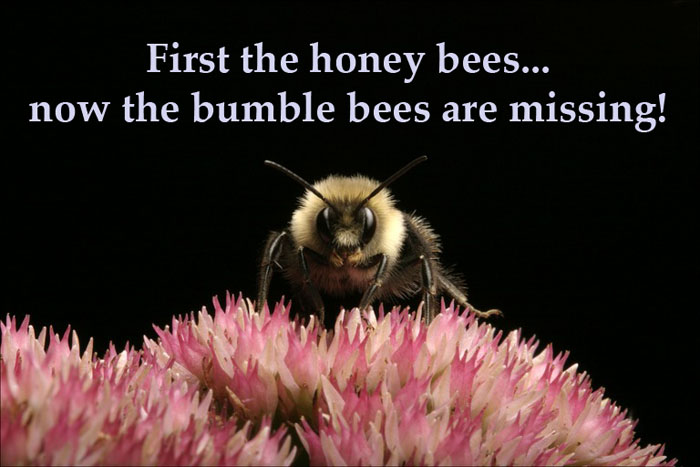What is everyone else seeing? As I drive the highways and look at the blooms on various plants, nothing, I'm not even seeing many bumble bees yet either. It's time to change the old ways and equipment. They were good when things were in harmony, but now, I think if we beekeepers continue to do as we have have done in the past our future will not be pretty.
Once at the turn of the 1900 century, a great battle took place in the states. Simply it was over fake or
adulterated honey and several bee diseases. That battle was won. However, have you checked your "honey" packets at KFC and Popeye's? You might find that you are supporting "honey syrup".
I for one don't read model T service manuals when I want to fix my 21st century car. That's not to say that they should be discarded, only that they should be read with a basis in mind only. Why do we think that the techniques developed in the 1800's and early 1900's still apply? The great founders of bee knowledge learned about bees and past that knowledge forward. Diseases they knew, pests not so much. Mites and hornets were the talk of the day. The difference is that these pests were after adult bees. The threats of today attack from the egg on up.
One last observation. Last year I noticed in a cut-out I was doing that the hive located in a second floor building was under attack by SHBs. How common is this? How long would they have survived? Wild bees are being affected also and given the current information, I don't think they will survive.
Maybe it's time for the agricultural departments to focus on Symbiote farming techniques. Start with the melon farmers that leave food wastes for the SHB to eat, promote that one group must help the other to control these cross-pests.
I suggest that if your loses are more than 30% you must find out why. For goodness sake, try something new, talk to other beekeepers and involve your self in your local chapters and clubs. If you have never been to a bee meeting or conference, maybe it's time.





